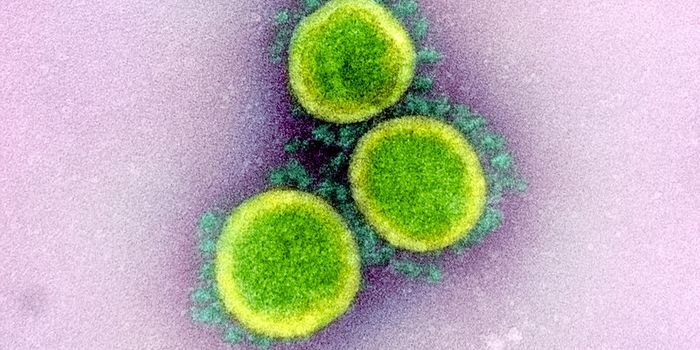Prenatal Acetaminophen Increases Risk of ADHD and Autism
Acetaminophen during pregnancy may increase risk of autism and ADHD in children. The corresponding study was published in Environmental Health.
Acetaminophen is the most widely used over-the-counter medication for pain and fever during pregnancy, with over half of pregnant women using the drug around the world. In the current study, researchers conducted a systematic review of existing studies investigating the link between prenatal acetaminophen exposure and neurodevelopmental disorders, including ADHD and autism in offspring.
Altogether, they included 46 studies in their analysis, including 27 that reported positive associations- significant links between the drug and the disorders, 9 null associations and 4 negative associations- suggesting that the drug has a protective effect. The studies included over 100,000 participants from multiple countries.
Ultimately, the researchers found that higher-quality studies were more likely to demonstrate a link between prenatal acetaminophen exposure and neurodevelopmental disorders, including ADHD and autism.
"Given the widespread use of this medication, even a small increase in risk could have major public health implications,” said study author, Diddier Prada, MD, PhD, Assistant Professor of Population Health Science and Policy, and Environmental Medicine and Climate Science, at the Icahn School of Medicine at Mount Sinai, in a press release.
To explain the findings, the researchers wrote in their study that acetaminophen may trigger oxidative stress, disrupt hormones, and cause epigenetic changes that disrupt early brain development.
“Appropriate and immediate steps should be taken to advise pregnant women to limit acetaminophen consumption to protect their offspring’s neurodevelopment,” wrote the researchers in their study.
However, Dr. Prada warned that pregnant women should not stop taking medication without consulting their doctor first.
"Untreated pain or fever can also harm the baby. Our study highlights the importance of discussing the safest approach with health care providers and considering non-drug options whenever possible, he said.
Sources: Science Daily, Environmental Health









